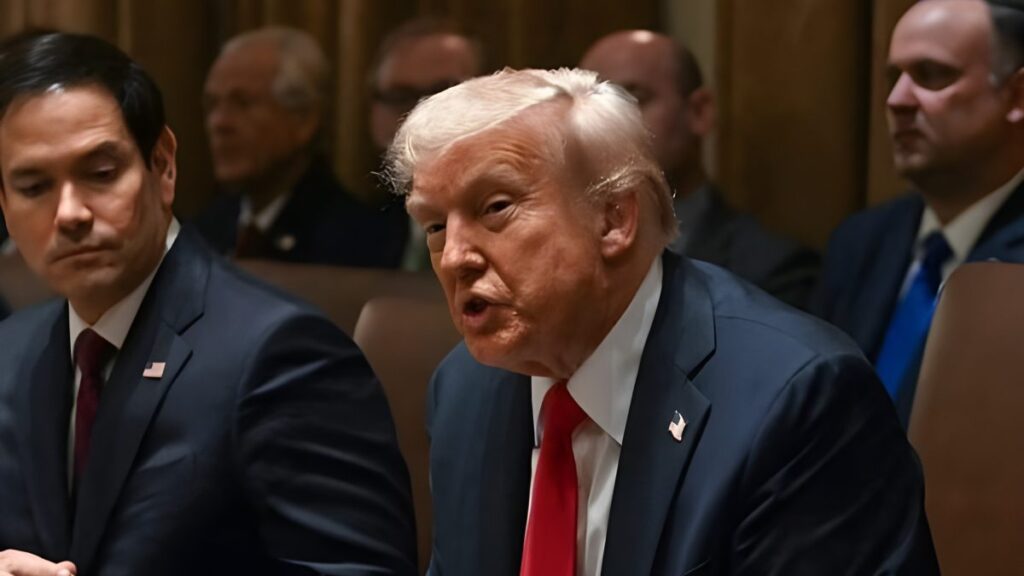A federal court recently ruled that the Trump administration violated constitutional rights by targeting non-U.S. citizens for deportation based on their political views. Specifically, the administration’s actions aimed at individuals who supported Palestinians or criticized Israel, prompting a sharp rebuke from U.S. District Judge William Young in Boston. The case, involving various university associations, was considered a pivotal moment in affirming free speech rights for non-citizens lawfully residing in the United States.
Judge Young found that the administration’s actions amounted to “ideological deportation,” which he argued violated the First Amendment, as well as the Administrative Procedure Act, which governs the development of federal regulations. The ruling emphasized that non-citizens in the U.S. retain the same free speech rights as citizens, rejecting the idea that political views alone could justify deportation. This decision has sparked a wider conversation about the balance between immigration enforcement and constitutional rights.
The case arose from a concerted effort by the Trump administration to target students and academics who expressed political views critical of Israel or supportive of Palestinians. Testimonies during the trial revealed that the administration had reviewed thousands of names connected to pro-Palestinian protests, identifying hundreds of individuals for potential visa revocation. Among those targeted were several high-profile activists, including students like Khalil and Ozturk, who faced prolonged detentions after publicly expressing their political stances.
Legal experts likened this approach to past historical efforts to suppress dissent, drawing parallels to the McCarthy era. They argued that such tactics create a climate of fear within university communities, stifling open political discourse and the free exchange of ideas. The court also criticized top officials within the Trump administration for misusing their authority to suppress free speech, particularly targeting those with opposing views.
In his ruling, Judge Young strongly condemned the policies, suggesting that they represented a direct assault on the principles of free speech and academic freedom. The decision sends a clear message that the right to express political views cannot be compromised by immigration enforcement, signaling a broader defense of constitutional values amid heightened political polarization. The plaintiffs in the case have requested further action to halt the administration’s policies, which continue to affect non-citizens across the country.

